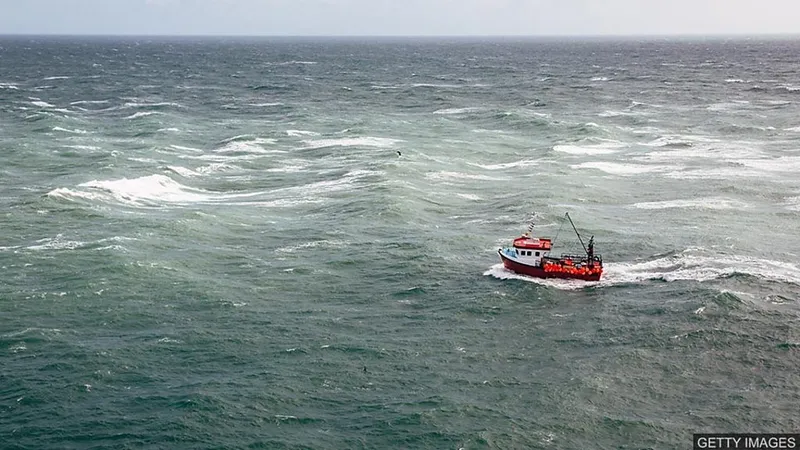Jiaying This is The English We Speak with me, Jiaying…
Neil …and me, Neil. Hey, Jiaying, have you seen what I’ve bought?
Jiaying Yes, you’ve bought a boat, and you’ve been bragging about it on social media.
Neil It’s great, isn’t it? Now I can have fun on the water and sail the seven seas, although there is a problem…
Jiaying Oh yes, what’s that?
Neil It didn’t come with any instructions. I don’t know how the engine starts, how to drive it or even launch it into the water.
Jiaying Oh, Neil, it seems like you’re ‘all at sea’ with your new boat.
Neil I’m nowhere near the sea, or even a river! I haven’t launched it yet.
Jiaying I don’t mean you’re on the sea now. I mean you’re confused! When we say someone is ‘all at sea’, we mean they are completely confused or puzzled - not sure what to do. So, Neil, while the origin of this phrase is connected to a ship being lost at sea, it’s now used to mean you are just lost or confused. Here are some examples…
Examples People are all at sea with this new one-way system in the city – they’re not sure how to get into the centre!
I’ve lost my smartphone and I’m all at sea about how to contact my friends.
I’m all at sea with this new rota – I’m not sure what I am doing today.
Jiaying This is The English We Speak from BBC Learning English. We’re talking about the expression to be ‘all at sea’ which means to be confused and not sure what to do. And, Neil, you’re all at sea with your new boat.
Neil I am, but I think I can work it out.
Jiaying Are you sure? You don’t want to get stranded out at sea.
Neil Yes, it’s just like driving a car – isn’t it? I’ll take it down to the coast and give it a try.
Jiaying Oh dear. I think instead of being all at sea, Neil’s going to just be at sea – forever! Good luck.
Neil Bye.
Jiaying Bye.
